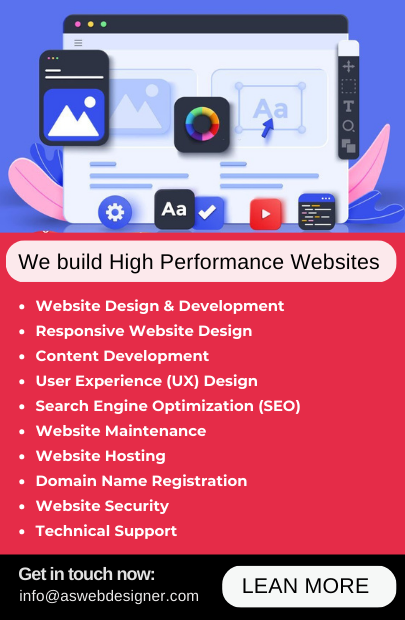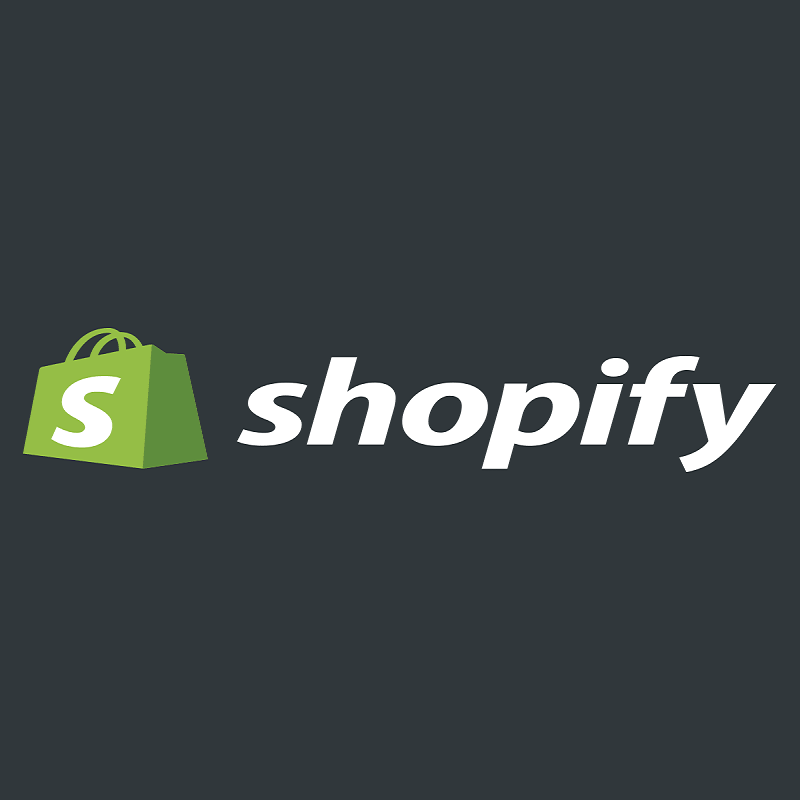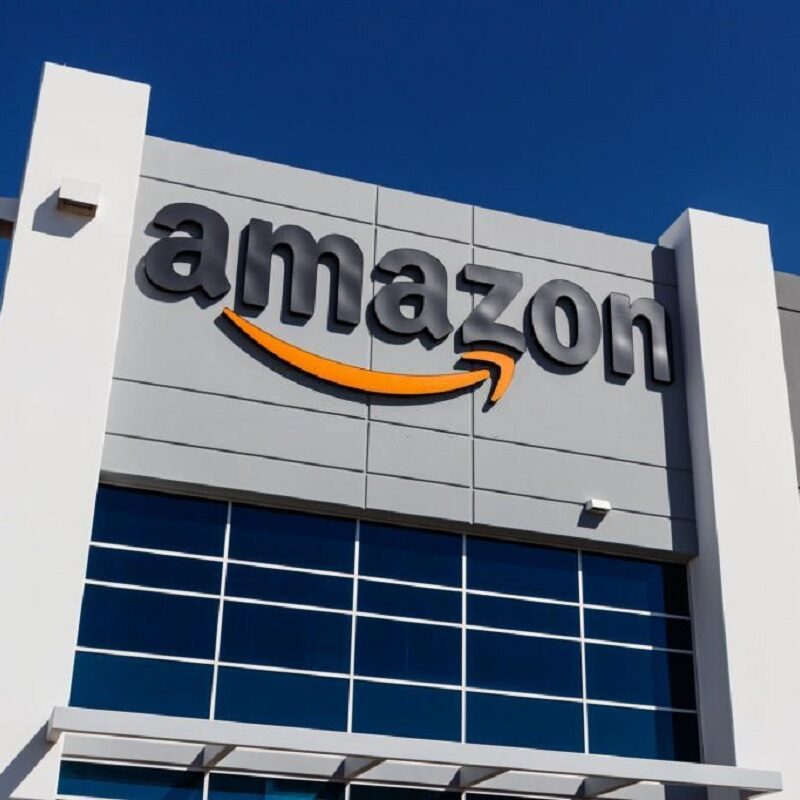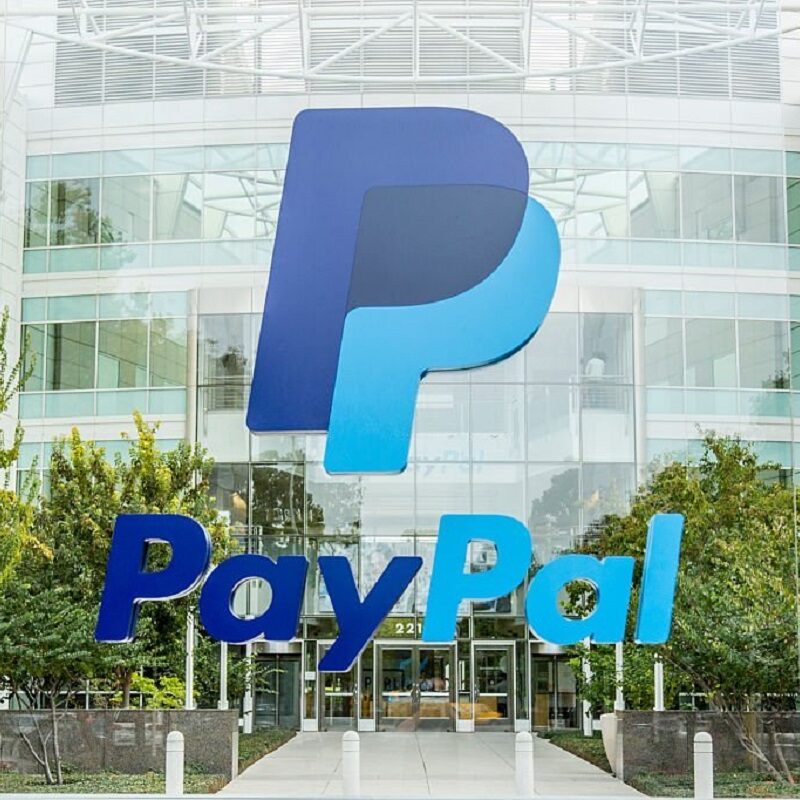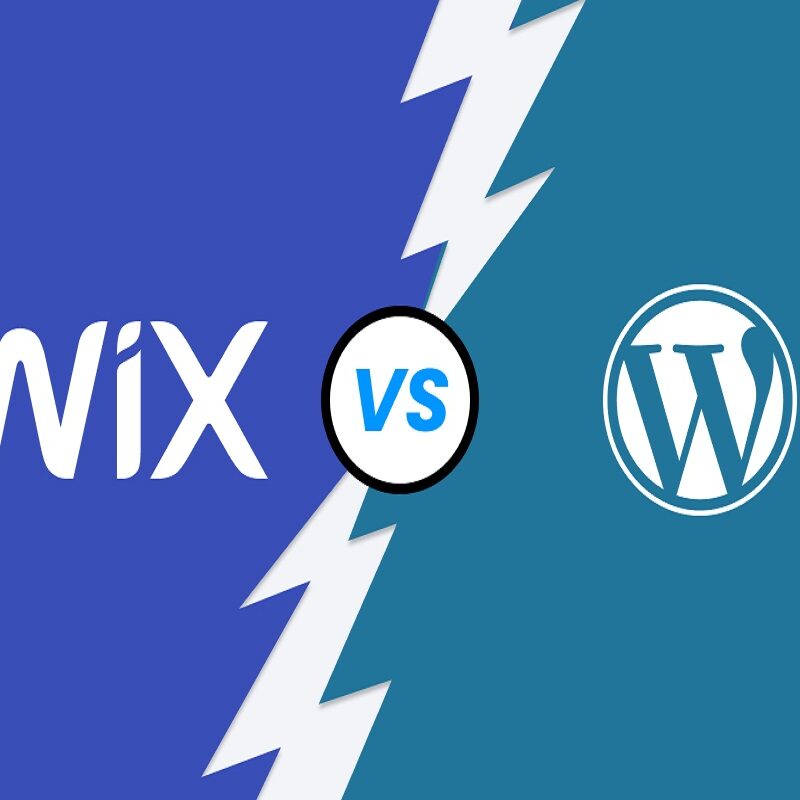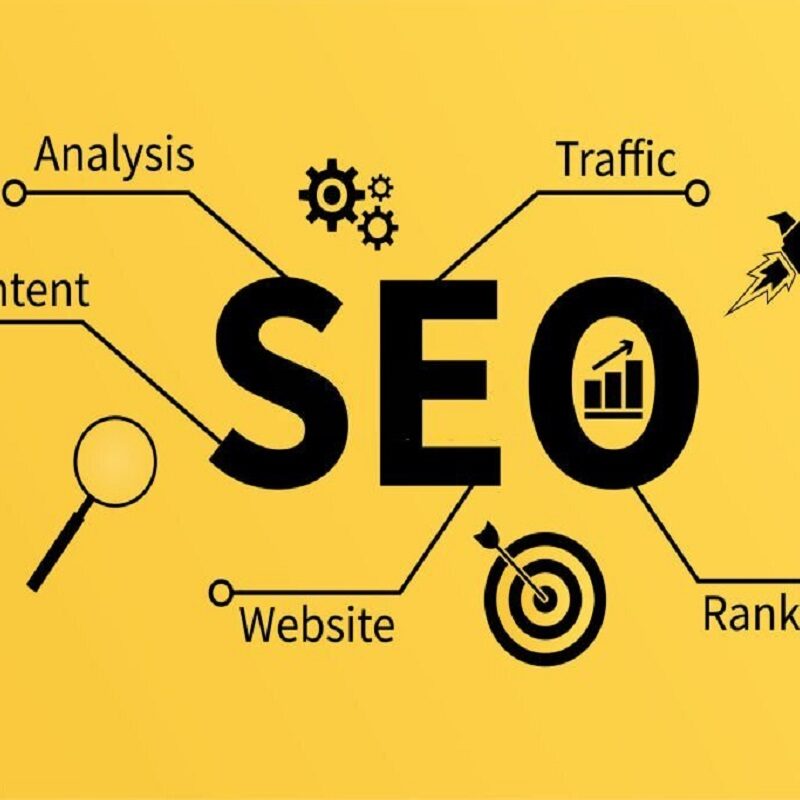Introduction on Print On Demand Online Shops and Print On Demand Marketplaces.
Understand the differences between Print on Demand Online Shops vs Print on Demand Marketplaces, from cost to convenience, to help decide which is the best for you. Learn more about both of these print on demand business models before starting your own.
The world of ecommerce has changed drastically over the last decade. And thanks to the ever-evolving technology, selling products online has become easier than ever. The advent of Print on Demand (POD) services has enabled merchants to offer their products on their own online stores, as well as on third-party marketplaces.
Print on Demand Online Shops Vs Print on Demand Marketplaces is a topic of great debate. Which platform is better for selling products? Should merchants focus on their own POD online shop or should they use POD marketplaces to reach more customers?
In this blog post, we will take a detailed look at POD Online Shops and POD Marketplaces, and discuss their pros and cons, so that you can decide which platform is the right choice for your business.
What is Print on Demand (POD)?
Print on Demand (POD) is a type of ecommerce business model, where products are printed only when an order is placed. This eliminates the need to store and manage inventory, and allows merchants to offer a wide range of products without having to invest in expensive inventory.
What is a POD Online Shop?
A POD Online Shop is an online store that is powered by a POD service. Merchants can use the POD service to design, print, and ship their products, and manage their online store. POD Online Shops are usually a merchant’s own website, and they are often integrated with third-party marketplaces.
What are POD Marketplaces?
POD Marketplaces are online marketplaces that specialize in POD products. These marketplaces provide merchants with a platform to sell their products to a large and diverse customer base. Popular POD Marketplaces include Amazon, Etsy, and Zazzle.
Print on Demand Online Shops Vs Print on Demand Marketplaces
Now that we have a basic understanding of what POD Online Shops and POD Marketplaces are, let’s discuss their pros and cons in detail.
Advantages of POD Online Shops
1. Branding & Control:
One of the biggest advantages of using a POD Online Shop is that merchants have complete control over their branding and customer experience. Merchants can customize their store to reflect their brand and create a unique shopping experience for their customers.
2. Higher Profits:
Since merchants do not have to pay any fees to the POD Online Shop, they can keep a higher percentage of their profits. This is especially beneficial for merchants who are selling products with high margins.
3. More Flexibility:
Unlike POD Marketplaces, merchants have more freedom when it comes to pricing, product selection, and customer service. Merchants can easily make changes to their store and offer promotions whenever they want.
Disadvantages of POD Online Shops
1. Customer Reach:
The biggest disadvantage of a POD Online Shop is that it has a limited customer reach. It can be difficult for merchants to get traffic to their store, especially if they are just starting out.
2. Technical Challenges:
Creating and managing a POD Online Shop can be a technical challenge, especially for those who are not familiar with web design and development.
3. Time & Cost:
Creating and managing a POD Online Shop can take a lot of time and money. Merchants need to invest in web hosting, design, and marketing, which can be costly.
Advantages of POD Marketplaces
1. Reach:
One of the biggest advantages of POD Marketplaces is that they provide merchants with access to a large and diverse customer base. This makes it easier for merchants to get their products in front of potential customers.
2. Low Cost:
Setting up and managing a store on a POD Marketplace is usually much cheaper than creating a POD Online Shop. This is because merchants don’t have to invest in web hosting, design, or marketing.
3. Easy to Use:
POD Marketplaces are usually very user-friendly, so merchants don’t need to be tech-savvy in order to set up and manage their store.
Disadvantages of POD Marketplaces
1. Fees:
The biggest disadvantage of POD Marketplaces is that merchants have to pay fees for using the platform. These fees can eat into their profits, so merchants need to be aware of them before they start selling on the platform.
2. Less Control:
Unlike POD Online Shops, merchants have less control over their store on a POD Marketplace. This can make it difficult for merchants to customize the shopping experience for their customers.
3. Competition:
POD Marketplaces are usually very competitive, so merchants need to stand out from the competition in order to be successful.
Summary on Print on Demand Online Shops and Print on Demand Marketplaces.
In this blog post, we have discussed the pros and cons of Print on Demand Online Shops and Print on Demand Marketplaces. We have seen that each platform has its own advantages and disadvantages, so merchants need to carefully consider their needs before they decide which platform to use.
Conclusion on Print On Demand Online Shops and Print On Demand Marketplaces
Print on Demand Online Shops and Print on Demand Marketplaces are both great options for merchants who want to reach a wider customer base. However, the right choice depends on the merchant’s needs and goals. If merchants want to have more control over their branding and customer experience, then setting up a POD Online Shop may be the better option. If merchants want to reach more customers with a lower cost and less effort, then POD Marketplaces are the way to go.


